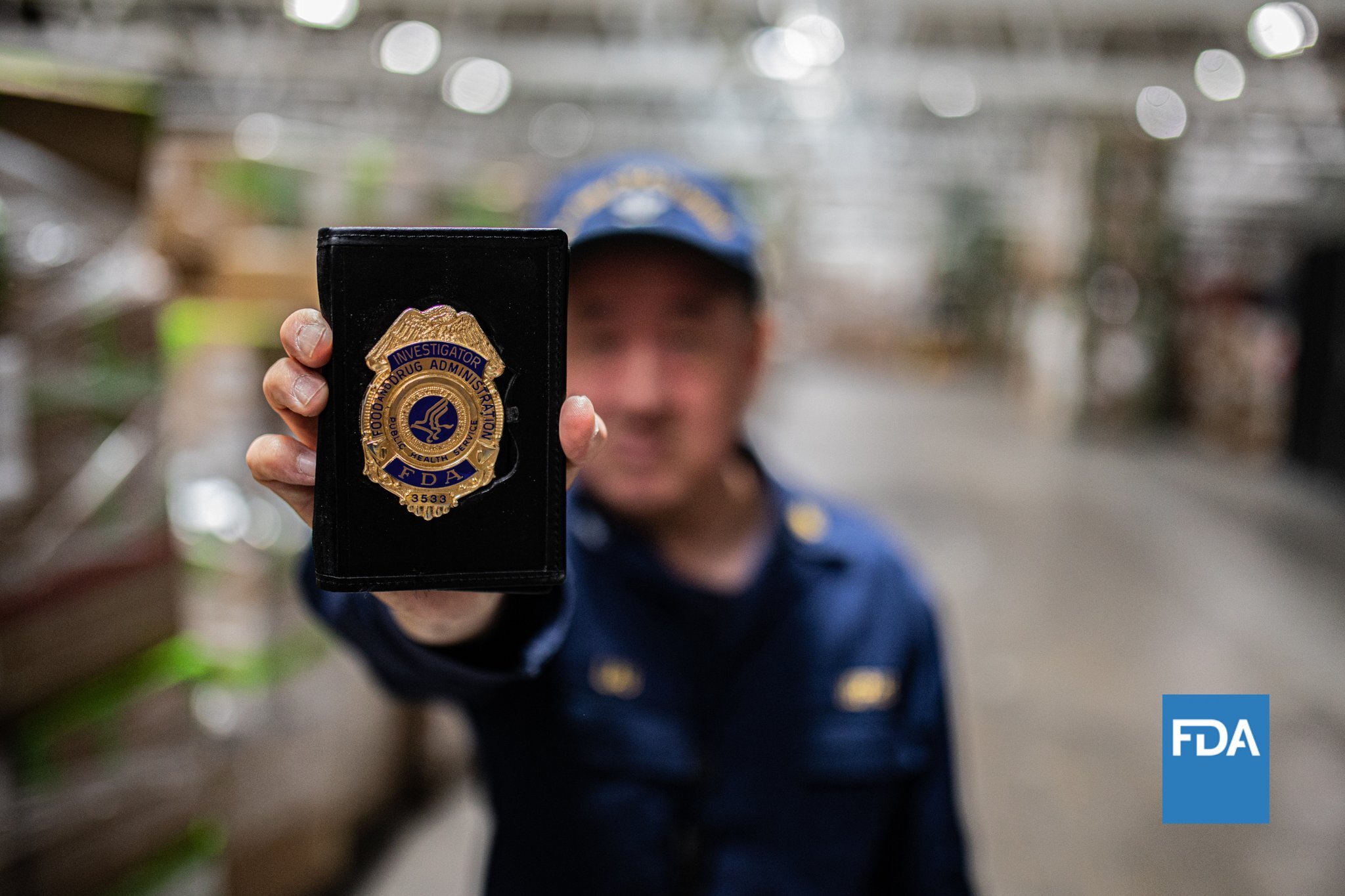Staying Prepared Amid FDA Changes
May 13, 2025Despite recent staffing reductions and leadership transitions at the FDA, pharmaceutical and medical device manufacturers should not interpret these changes as a signal of reduced regulatory enforcement. On the contrary, the FDA continues to adapt its oversight methods and has signaled its intent to maintain rigorous compliance standards through both traditional and alternative inspection mechanisms.
While logistical constraints have reduced the overall number of on-site inspections in recent years, the agency is steadily ramping back up. Even with a higher vacancy rate among investigators, the FDA is expected to increase surveillance through targeted inspections, remote evaluations, and expanded use of records requests under Section 704(a)(4).
Remote Tools, Real Consequences: Documentation Under the Microscope
Companies should recognize that inspection readiness is no longer about preparing for a scheduled visit from the FDA. Instead, preparedness involves building a resilient culture of compliance that can withstand scrutiny at any time and in any format. This includes having up-to-date documentation, validated systems, and trained staff who understand how to respond during both in-person and remote reviews.
Increased reliance on remote tools also means the FDA is placing more weight on the quality and integrity of documentation. Companies must ensure their quality management systems are audit-ready at all times. A poorly prepared records submission, even in response to a remote request, can trigger warning letters or follow-up investigations. This underscores the need for strong internal controls over document management and data integrity.

A Global Lens: Foreign Inspections and QMSR Compliance
International firms, particularly those supplying high-risk products or operating in regions previously prioritized for inspection, should prepare for the likely resumption of unannounced foreign inspections. These are expected to increase as the FDA looks to enforce more consistent global standards and address growing concerns about regulatory parity between domestic and international manufacturers.
Additionally, medical device companies face a critical compliance milestone: the transition to the FDA’s new Quality Management System Regulation (QMSR) harmonizing existing Part 820 requirements with ISO 13485. With the February 2, 2026 deadline approaching, firms should act now to conduct gap assessments and begin aligning internal systems with the updated regulation. Early action will reduce regulatory risk and improve overall operational efficiency.
Proactive Compliance: Preparing for the Inevitable
To stay prepared, companies are advised to implement proactive measures such as periodic internal inspections, third-party audits, and scenario-based training for staff. These efforts help ensure that teams are confident and prepared, particularly in high-pressure regulatory situations. Investing in compliance infrastructure now can prevent costly enforcement actions later and demonstrates a commitment to patient safety and product quality.
“The FDA’s evolving approach underscores that enforcement is not slowing down—it’s just becoming more adaptive. Companies that treat compliance as a continuous, system-wide priority will be best positioned to avoid disruption and maintain trust with regulators,” said Darya Lucas, attorney at Gardner Law and a seasoned advisor on inspection readiness and quality system design.
The regulatory landscape may be shifting, but the FDA’s core mission remains unchanged. Rather than relaxing compliance efforts, companies should use this opportunity to strengthen inspection readiness and modernize their quality systems in anticipation of continued oversight and evolving expectations.
“Inspection readiness is not a fire drill—it’s a mindset. Companies that invest in a culture of preparedness now will be the ones that thrive as regulatory expectations grow more sophisticated,” added Lucas.
Is your organization prepared for the next inspection—remote or otherwise?
Gardner Law’s attorneys offer deep experience guiding companies through inspections, records requests, and quality system transitions. We assist with gap assessments, mock audits, QMSR implementation, and documentation strategies tailored to your risk profile.
Schedule a readiness consultation or learn how we can support your compliance objectives by reaching out to info@gardner.law.